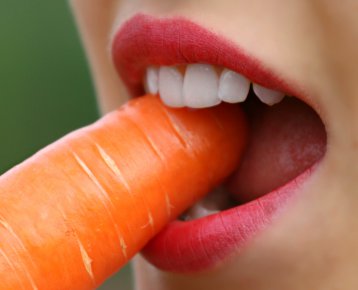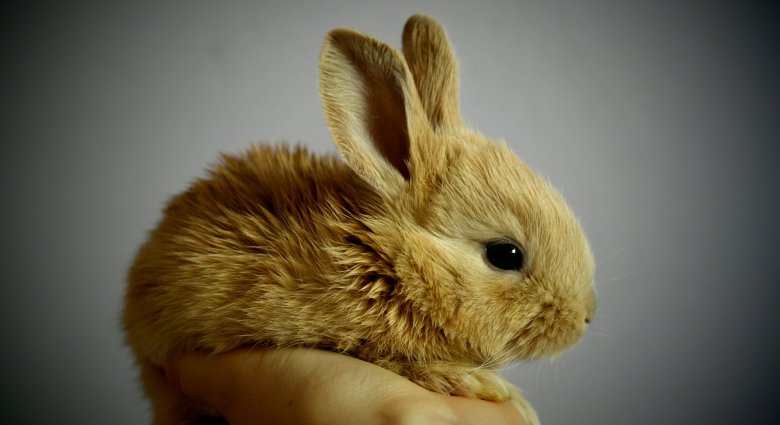
THE MOST COMMON DISEASES OF RABBITS THUMBNAILS
Adequate housing, feeding and grooming significantly reduces the risk of developing a pet's disease. A healthy bunny eats a lot, moves on and is willing to have fun basically all day long.
DISEASES OF RABBITS THUMBNAILS
When a rabbit behaves uncommonly, its nose is damp, its eyes are clotted and dazzled, and its fur is a sign that it is ill. You will need to contact your vet. You can only fight diarrhoea on your own.
RABBIT DISEASES - MYCSOMATOSIS
Mycsomatosis is a popular rabbit blight caused by viruses. It is carried by mosquitoes and other insects. The cause of the disease may also be the administration of green fodder contaminated with faeces of infected wild rabbits to rabbits. Unfortunately, in the vast majority of cases the disease is incurable and the rabbit has to be put to sleep. Mycsomatosis can be diagnosed by reddened conjunctivae, eye inflammation and swelling on the head (lion's head). The sick rabbit is apathetic and very calm.
Currently rabbits can be vaccinated against mycsomatosis. The disease is likely to occur from time to time, but this is not confirmed by scientific studies. In addition, to protect the rabbit from it, it is advisable to use a mosquito net, i.e. a gauze that protects the animal from mosquito bites. The rabbit must not come into contact with the droppings of rabbits living in the wild. A person suffering from mycsomatosis must be immediately isolated from other rabbits because it is a very contagious disease.
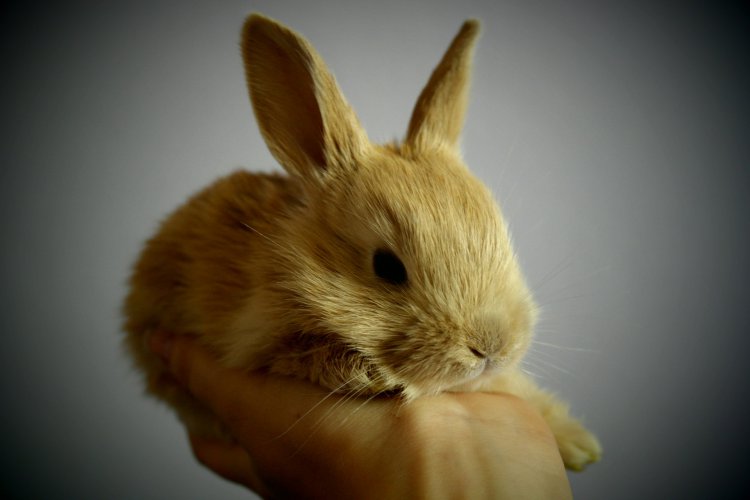
RABBIT DISEASES - COCCIDIOSIS
This is a disease caused by protozoa, or more precisely single-cell parasites called coccidia. They are highly resistant to external environmental conditions. In an infected pet, they strongly destroy the intestinal wall. The rabbit takes them to the body along with the feed contaminated with its faeces. In this way the developmental cycle of the parasite is closed. This can be remedied by taking care of hygiene and preventing contamination of the feed. Coccidioidosis is characterized by strong diarrhea, low appetite and extreme emaciation. Sometimes the liver of a rabbit can also be damaged. If you have a sick pet, you must go to a vet who will diagnose and recommend appropriate treatment.
RABBIT DISEASES - BLOATED ABDOMEN
The Zdzdzdęć can be triggered by green fodder fermented in warmth, as well as wet and cold fodder or flatulence foods (raw potatoes, cabbage, lettuce, white and red cabbage and meadow clover - in their case it is necessary to be very careful and give them to the animal in small quantities). The rabbit's belly is flattened like a constipation, but not as a result of this, but as a result of the formation of gases in the intestines. Your pet has trouble breathing and is often lying down because of pressure pains. The feed must then be removed immediately and go to the vet. Unfortunately, a photo may end in death.
RABBIT DISEASES - DIARRHOEA
Diarrhoea is usually the result of a cold, draught, eating inappropriate or even spoiled feed or staying on damp bedding. The faeces are then greasy and liquid, with an unpleasant smell. Keep your sick pet at room temperature away from the floor or draughts. It must not be fed juicy fodder; on the contrary, dry fodder, a large amount of hay and slightly boiled, well drained rice are advisable. Instead of ordinary water, it is better to prepare camomile infusions for drinking.
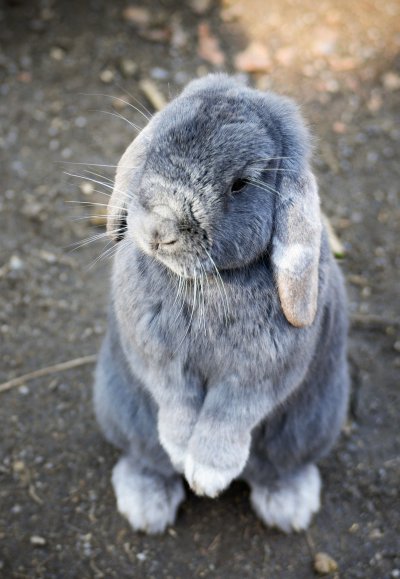
RABBIT DISEASES - TREATMENT
With a rabbit it is worth going to the vet as soon as possible, and not treating it yourself when symptoms such as coughing, sneezing, eye and nose leaks, swelling, emaciation, baldness on the skin, convulsions, cramps, diarrhea, bloated belly, etc., appear. The causes of such diseases can be varied and only a specialist is able to make a proper diagnosis. It is important to know that, unfortunately, the cost of treatment is often much higher than the cost of buying a pet. However, an animal is not a toy and cannot simply be thrown away. Therefore, the issue of possible diseases should be considered before buying a rabbit.
The rabbit eats its own faeces (night faeces). It is not a symptom of disease, but a completely natural physiological activity. Night faeces contain a large amount of nutrients, which are properly used when they return to the animal's digestive system. Eating faeces at night is a rabbit's need for life and must not be disturbed or prevented from doing so.
Rabbits are rather rarely ill. However, the prerequisite for good health is, of course, to provide the animal with adequate food and care. So it is largely up to the owner how the rabbit will feel.
It is worth knowing that the above suggestions and recommendations for treatments are proven, but they do not always turn out to be 100% accurate for a given rabbit, so it is always good to consult an experienced veterinarian. You should always read the leaflets to find out the dosage or side effects of medicines.
View
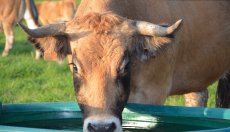
The Do’s And Don’t’s Of Livestock Water Troughs
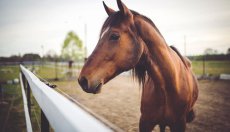
The process of domestication of horses














